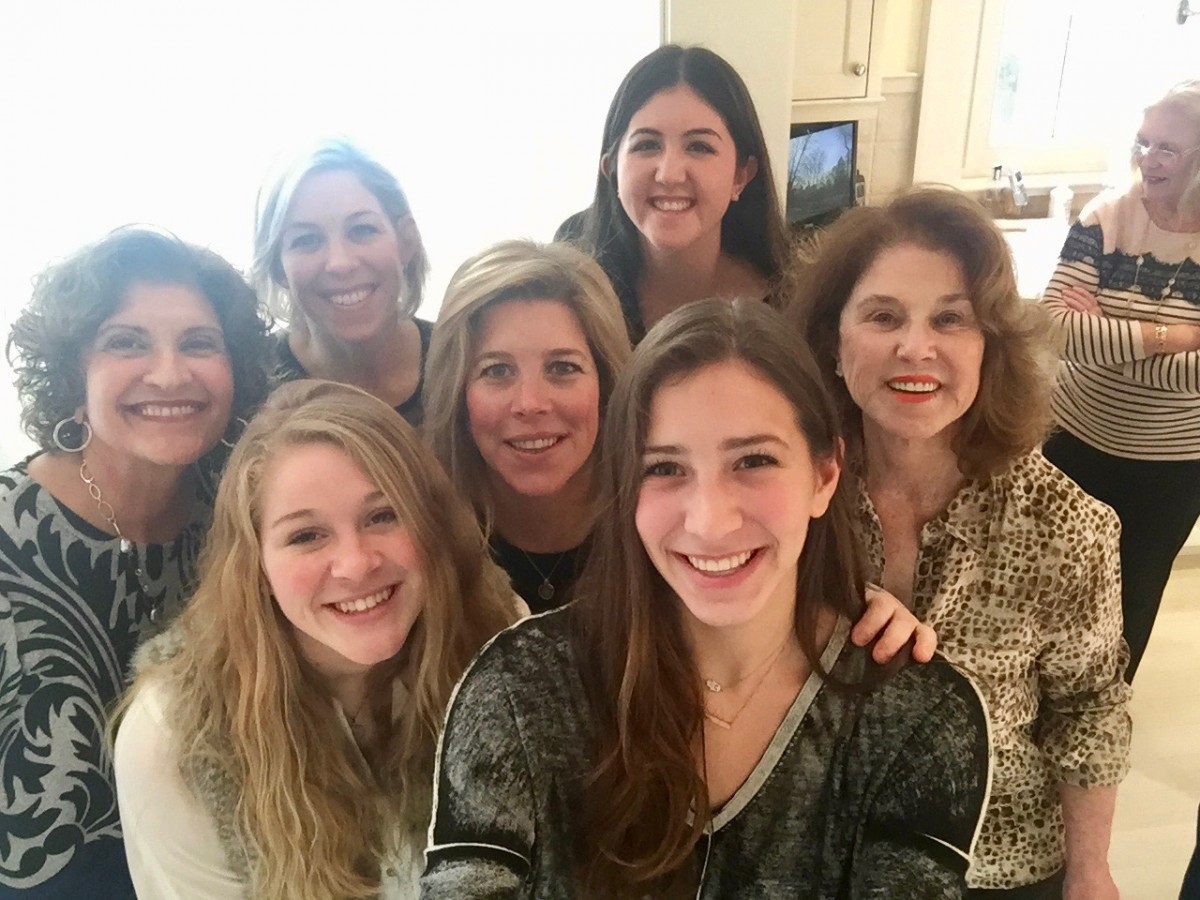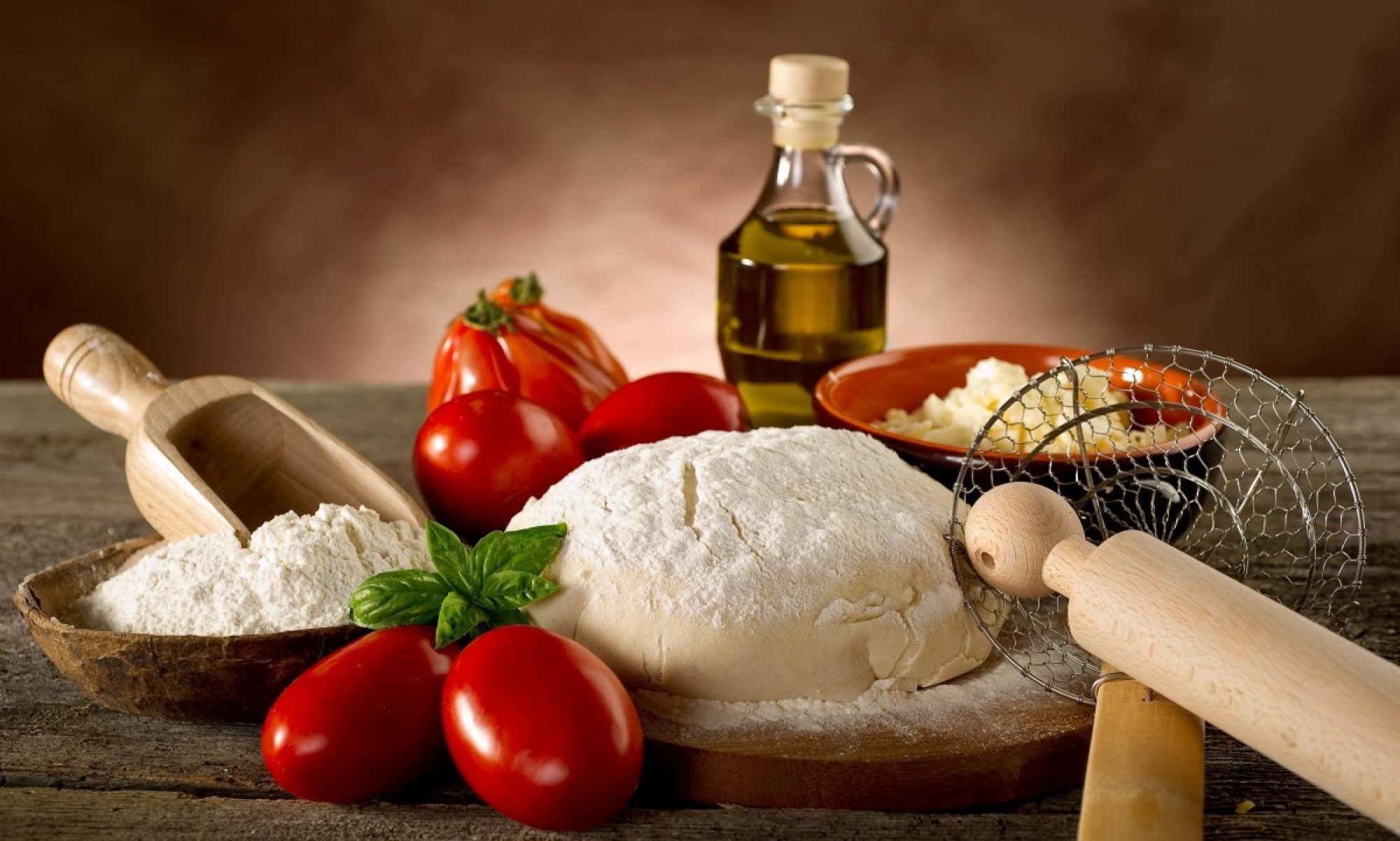Before it’s too late
By Julia Rogers
I never learned to cook
I learned to eat out
Grocery store sushi
Premade Salads
Free food at work
I learned to request food
To eat food
I never learned to cook
My grandmother, the head chef
My mother, the sous chef
And I was supposed to be the apprentice
Where was I? People would ask
I was eating grocery story sushi
I was eating premade salads
I was eating the leftovers at work
I did not cook
My grandmother’s famous noodle kugel
Learn the recipe
Before it’s too late
You must master this
But why should I learn the kugel recipe
Why not my brothers
Why not my father
Why not my cousins
Why was I the chosen granddaughter?
Manischewitz wide kosher egg noodles
My grandmother daintily rips open the package
The processed noodles flow out of the plastic
Softening in a scorching pot
Uncoiling upon being dumped into a Pyrex dish
Swirling cinnamon, raisins, and brown sugar
The noodles become intertwined in the flavors
Covering up the bland egg
Inheriting the sweet swirls of cinnamon and sugar
A slice of the kugel
Flops onto my plate
Thick egg noodles, jiggling with delight
My fork pierces the sweet square
But before it reaches my mouth the words slip again
The clock is ticking
Remember this
It will soon be too late
But I, the chosen granddaughter, let these words run through me
Like a stream exiting into a larger ocean of unattended information
Now, a thousand miles away
I long for my grandmother’s kugel
Her delicate hands swirling raisins among thick egg noodles
But I cannot satisfy this yearning
I only know how to eat out
I never learned to cook

Front Row (Left): Samantha (my cousin, Aunt Lori’s daughter), & Me
Discussion:
I chose to imitate the piece where food comes from which is a part of the book of poems “Saporoso” by Jennifer Barone. I chose this piece because it resonates with my life and my involvement with my family. My grandmother and mother are both amazing cooks yet I have never thought to touch a pot or a pan except to clean after a meal. However, beyond this idea of being the only female who cannot cook in the family, I could relate to the author and her story. I attend school over one thousand miles away from my home. It was not until I made the move from Boston to Atlanta that I realized how much I value my grandmother’s Sunday feasts and how much I crave my mother’s daily dinners. It was at this point in time, the time that I left my family’s cooking, that I began to show curiosity in their unique recipes. I used to loathe my grandmother nagging me to eat more at family dinners. Now, I long for those dinners, I long for her cooking. This is why I chose this piece, it reminded me of my own story, my own culture, and my own family.
From this poem, I gained a deeper insight into the importance of women in the Italian home. Italians rely on the women in their family to provide them with delicious meals every day. I also learned about the process by which the author’s family makes food. They pride themselves in finding fresh ingredients from their neighbor’s garden. This highlights the significance of food in Italian culture. The food must be prepared to the best of one’s ability and the ingredients within the dish must be the freshest possible. To my family, this would mean going to a local grocery store or farmers market, but to the author’s family, this means harvesting the ingredients directly from the dirt. I also learned the importance of family and remembering your roots in Italian culture. Even after the author moves oceans away, she still remembers her family and the life they brought her. Even in another country, her family and their cooking will always be the most important part of her life. This emphasizes the idea of family in Italian culture.
In my culture, no one explicitly says that women must be the chefs of the family, although it is extremely uncommon to find a man in the kitchen. That is, of course, unless he is helping to clear the dishes. This was never brought to my attention growing up it was just embedded into my knowledge from the time I was born. Based on this poem, where food comes from, and my own I learned the similarities and differences between my culture and that of the Italians. This is where a true understanding comes form, comparison. While we pride ourselves on delectable food, we do not pride ourselves on fresh ingredients. My family would sooner make Betty Crocker cakes than start from scratch if it means the cake will be moister and taste better. Yes, Betty Crocker cake mix is clustered with chemicals but my family focuses on the final result of the food. This final result is an irresistible dish. More than this, though, the final product is how the irresistible dish draws people in and brings them together. We believe that whether the cake is homemade or bought from the local Star Market the whole family will always show up to eat and share memories together. This is what I learned about my culture from this poem and writing my own spinoff. That my grandmother’s cooking, no matter where she gathers the ingredients, will always draw in my family to share her magical touch on food and our priceless time together.
There is cultural DNA embedded in both the piece I wrote as well as the piece I read about. The cultural DNA manifests in the text through the story of the author. One person does not make up an entire culture, but the stories and memories of one person can give an insight into a culture. This is how Jennifer Barone gives readers an insight into Italian culture. Another way is through comparison. As she compares her childhood with her Italian family, completely immersed in the culture, to her adulthood without her Italian family, isolated from her culture. I chose to do the same with my poem as I was imitating her writing. The comparison of being a part of the culture as opposed to being on the outside gives a new perspective into the culture that is being highlighted. This perspective allows for a true understanding of the culture through feelings rather than simply spelling out in words what each culture stands for and represents.
